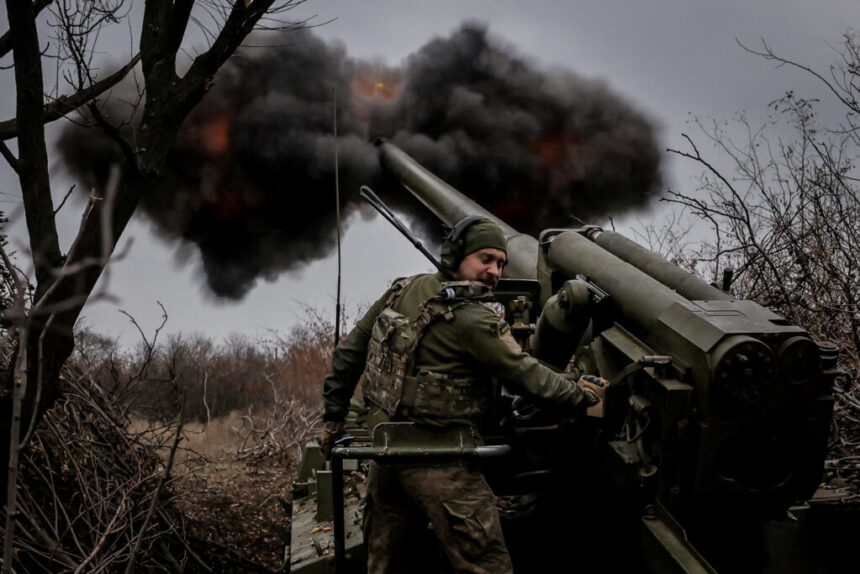Summary by Geopolist | Istanbul Center for Geopolitics:
The idea of “Finlandization” has reemerged in discussions about potential peace solutions for Ukraine, but Finnish officials have firmly rejected this concept, warning that enforced neutrality would not lead to peace with Russia. While Finlandization worked as a survival strategy for Finland during the Cold War, the circumstances and costs associated with it make it unsuitable for Ukraine.
Finlandization emerged from Finland’s post-World War II reality, where the country successfully defended its sovereignty but had to navigate a precarious relationship with the Soviet Union. The 1948 Friendship Treaty between Finland and the USSR set the framework for Finlandization, which required Finland to prioritize Soviet interests in both foreign and domestic policies. While this strategy spared Finland from Soviet invasions like those experienced by Hungary in 1956 and Czechoslovakia in 1968, it came at a heavy cost.
Domestically, Finlandization imposed significant compromises on democratic freedoms. Finnish media engaged in self-censorship to avoid criticism of the USSR, and the same leadership remained in power for decades to maintain stability in relations with Moscow. These compromises restricted Finland’s ability to pursue political and economic ties with the West, delayed its integration into European institutions, and forced it to align its defense policies against an unlikely Western threat while downplaying the more realistic danger from the Soviet Union.
Applying this model to Ukraine would not yield the same results. Finland’s neutrality during the Cold War was supported by unique regional dynamics, including Sweden’s neutrality and Norway’s restrictions on NATO deployments, which together created a geopolitical balance that deterred Soviet aggression. Ukraine, by contrast, faces an immediate and ongoing threat from Russia, making enforced neutrality a recipe for vulnerability, not security.
Moreover, Finlandization is incompatible with Ukraine’s aspirations for Euro-Atlantic integration and democratic development. Ukraine’s pursuit of NATO and EU membership reflects its determination to safeguard its sovereignty and align with Western institutions. Imposing restrictions similar to Finlandization would undermine Ukraine’s democracy and leave it exposed to continued Russian aggression. Any attempt to replicate the domestic compromises of the Finnish model, such as self-censorship or limited political pluralism, would contradict Ukraine’s democratic aspirations.
Instead of looking to Cold War-era Finlandization, Ukraine’s supporters should draw inspiration from Finland’s post-1991 experience. Since the end of the Cold War, Finland has integrated into the Western world, joining both NATO and the European Union, and firmly establishing itself within the Euro-Atlantic community. This transformation demonstrates that geography does not have to dictate a country’s fate. Ukraine can pursue a similar path of integration into Western institutions to ensure its long-term security and prosperity.
While Finlandization worked for Finland in a specific historical and geopolitical context, Ukraine’s situation, aspirations for Western integration, and the threat of Russian aggression make it an inappropriate and ineffective solution. Neutrality would likely fail to address Ukraine’s security concerns and its desire for sovereignty and self-determination.
Read more here.







